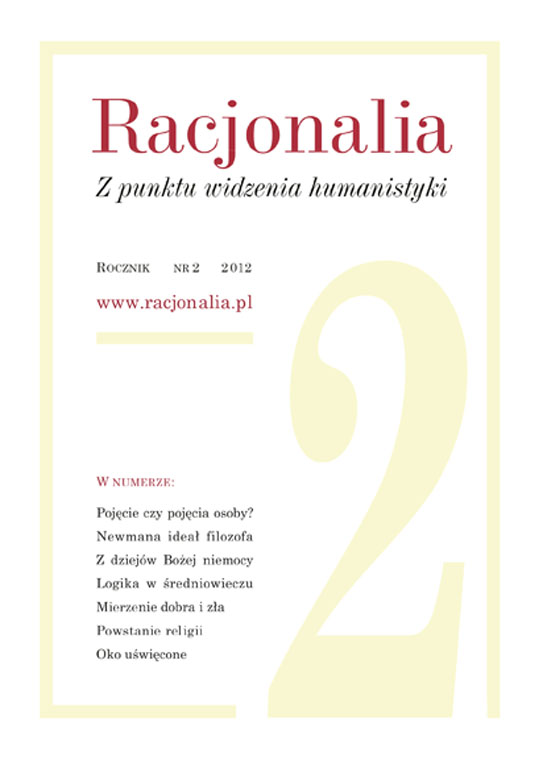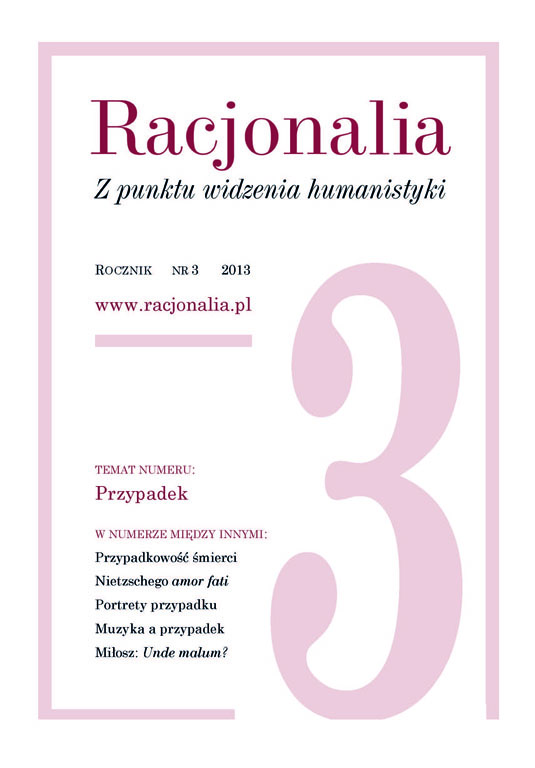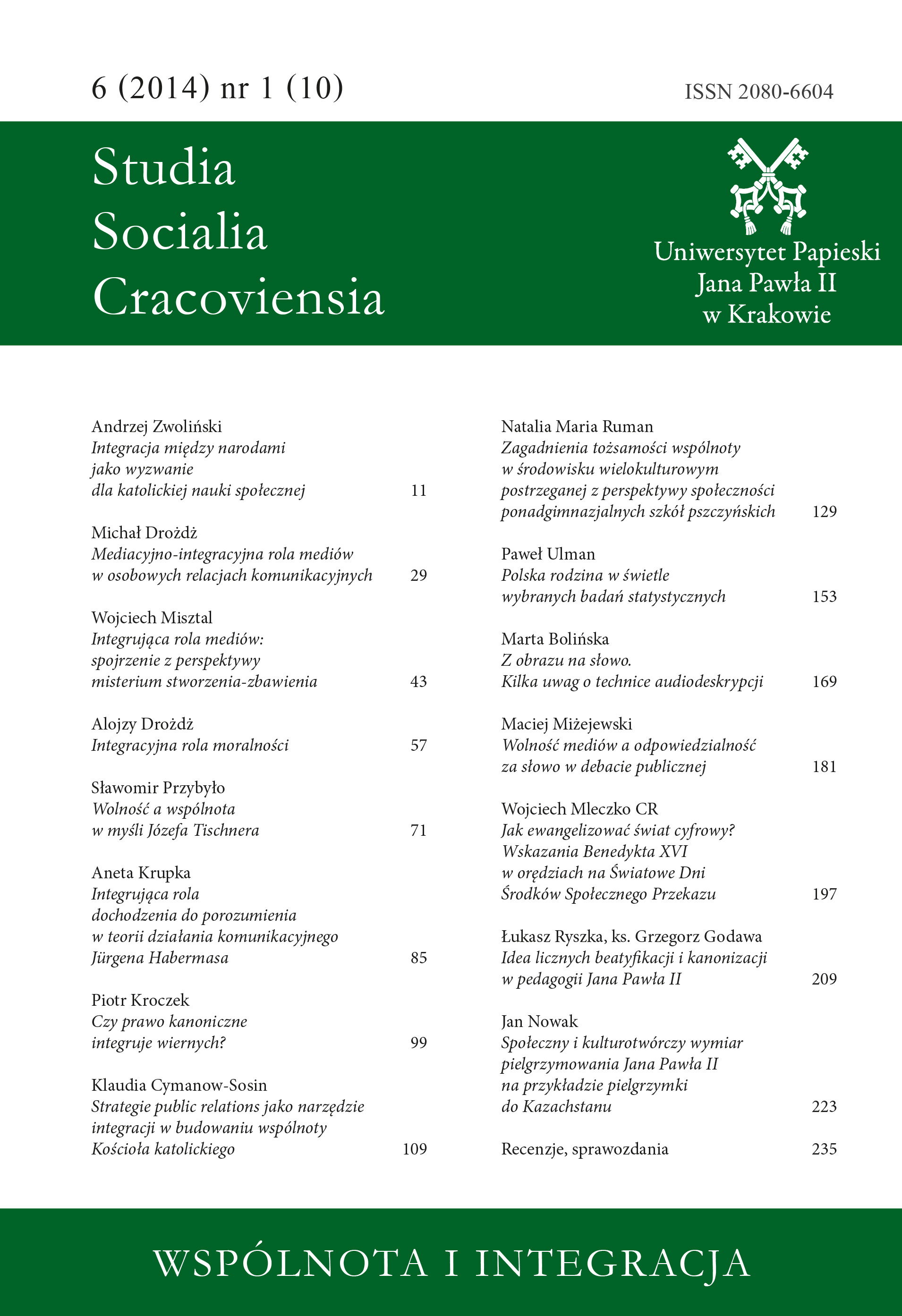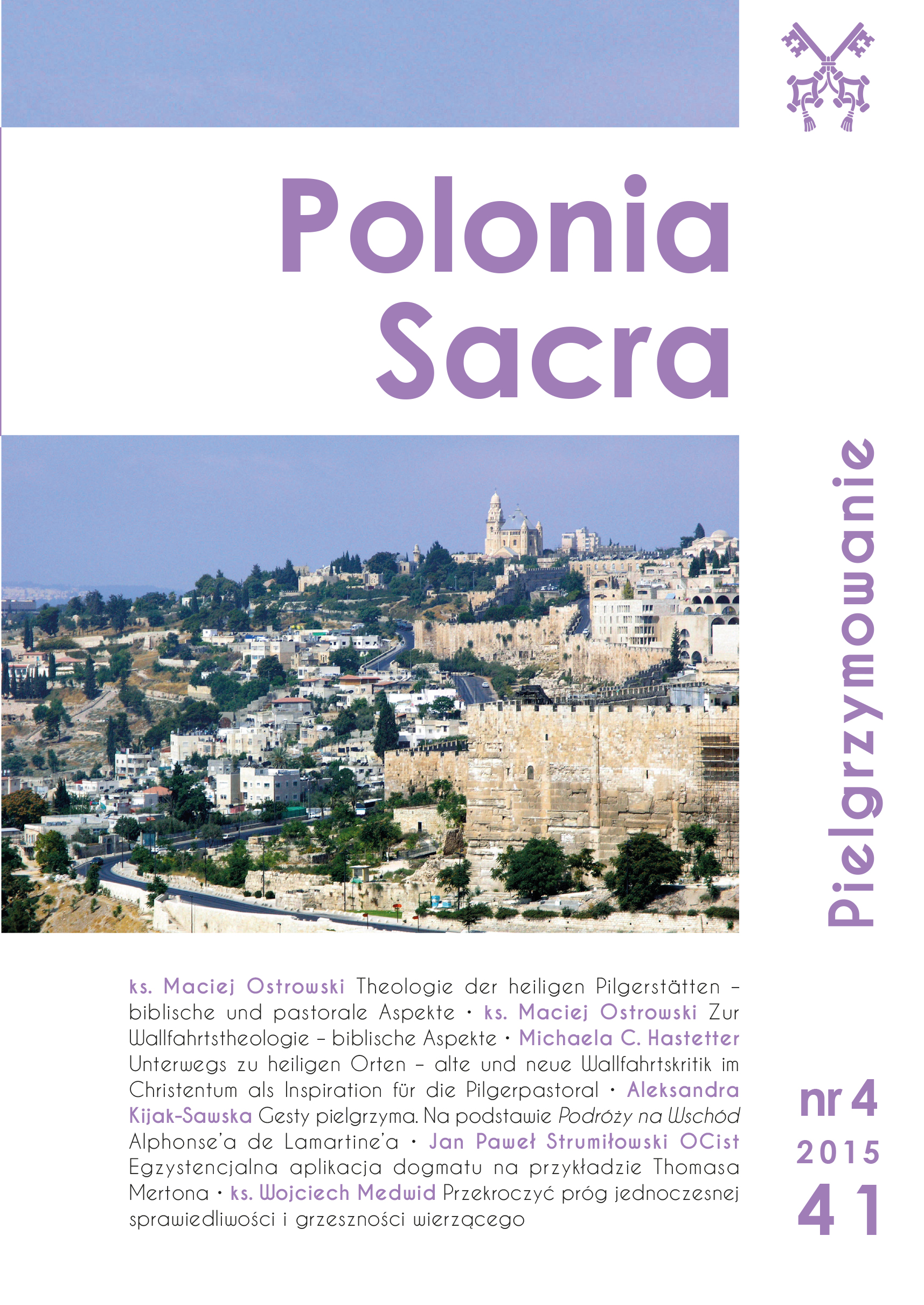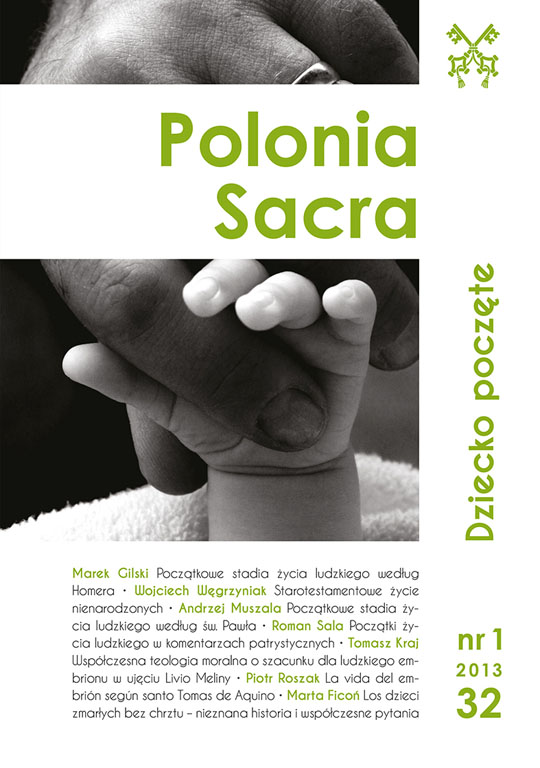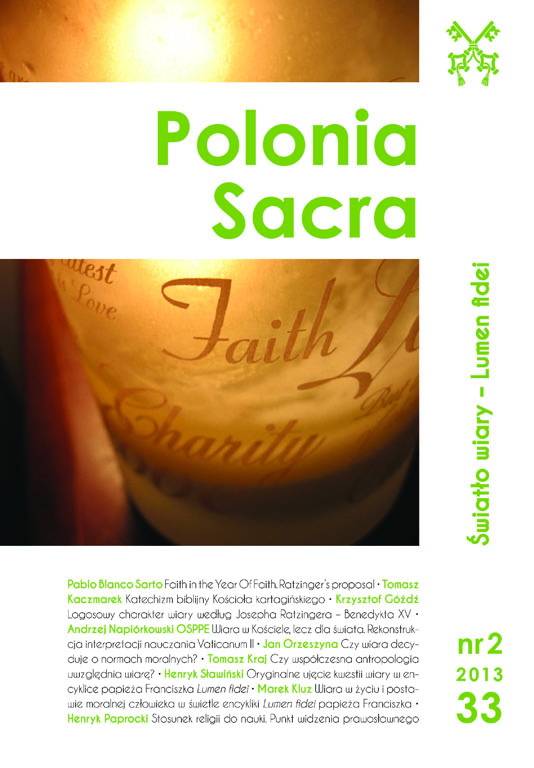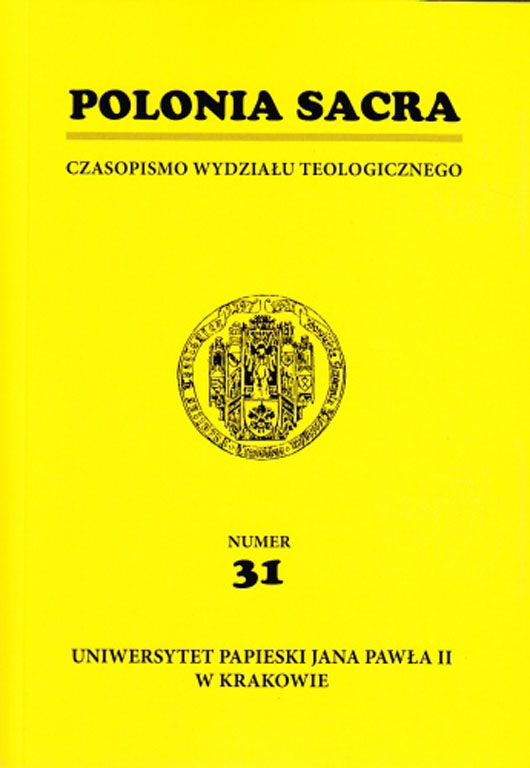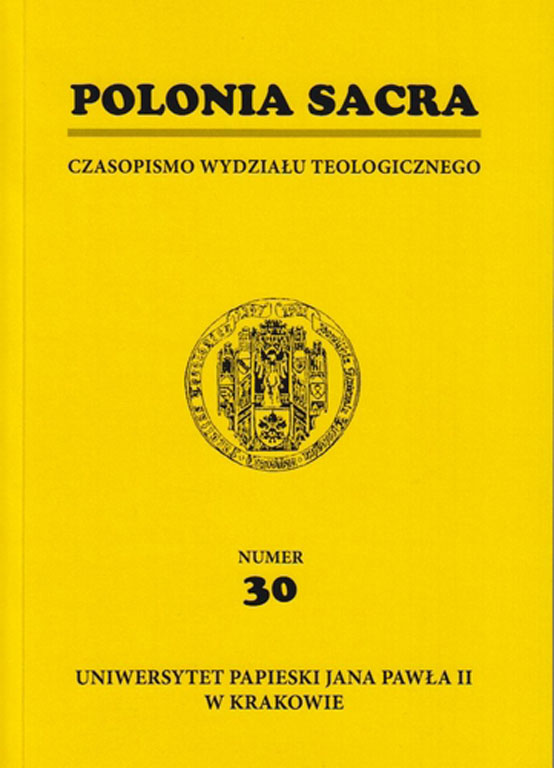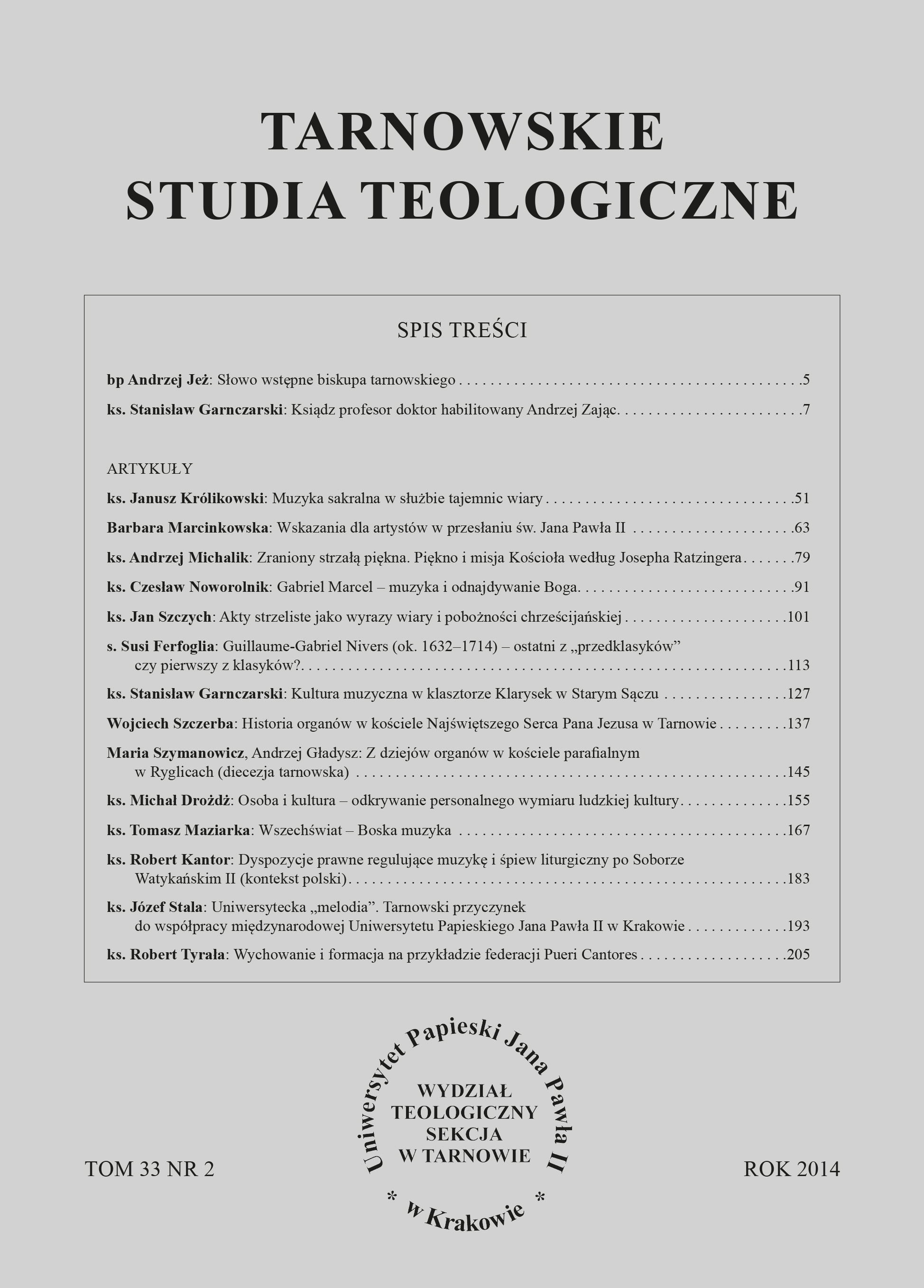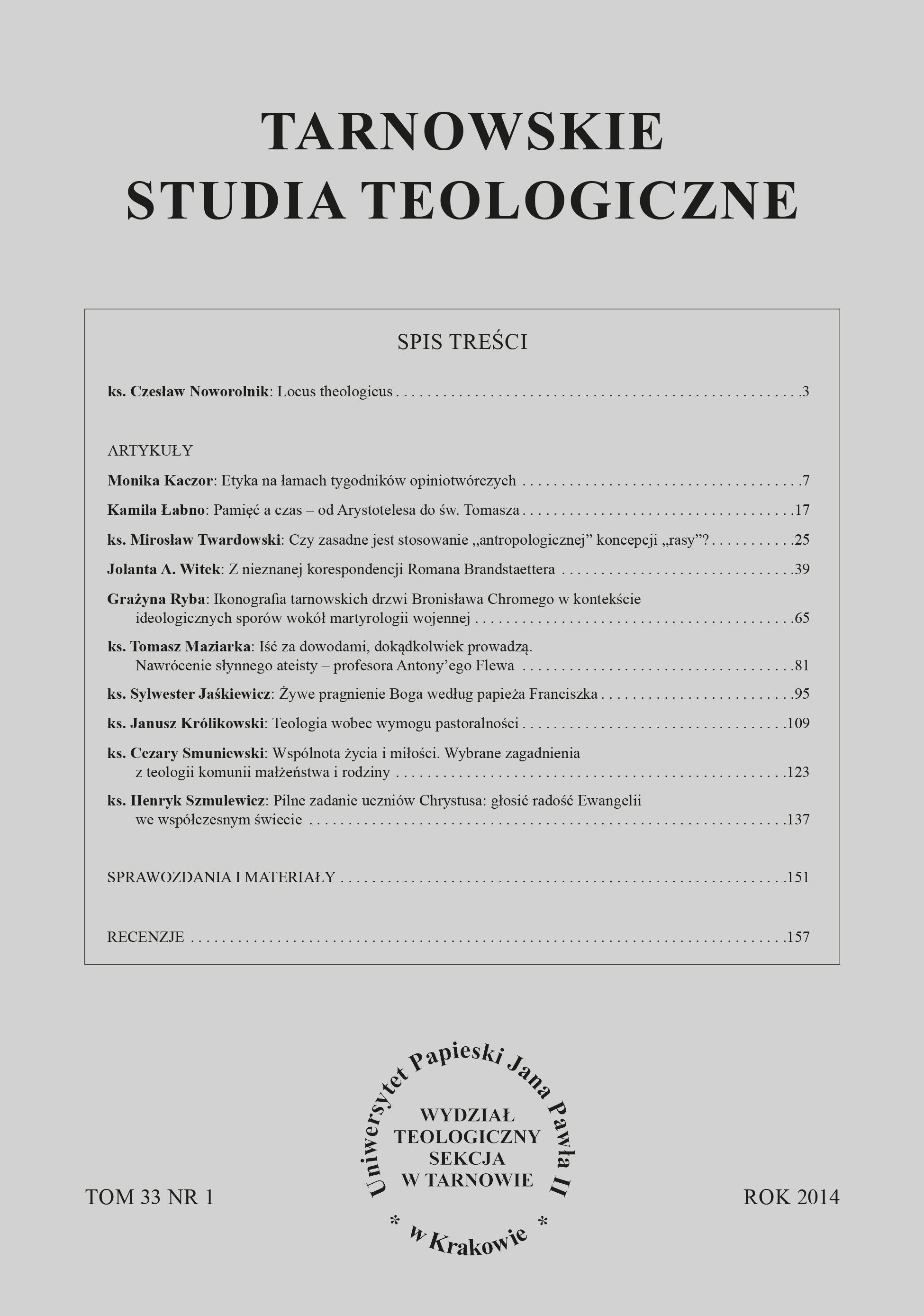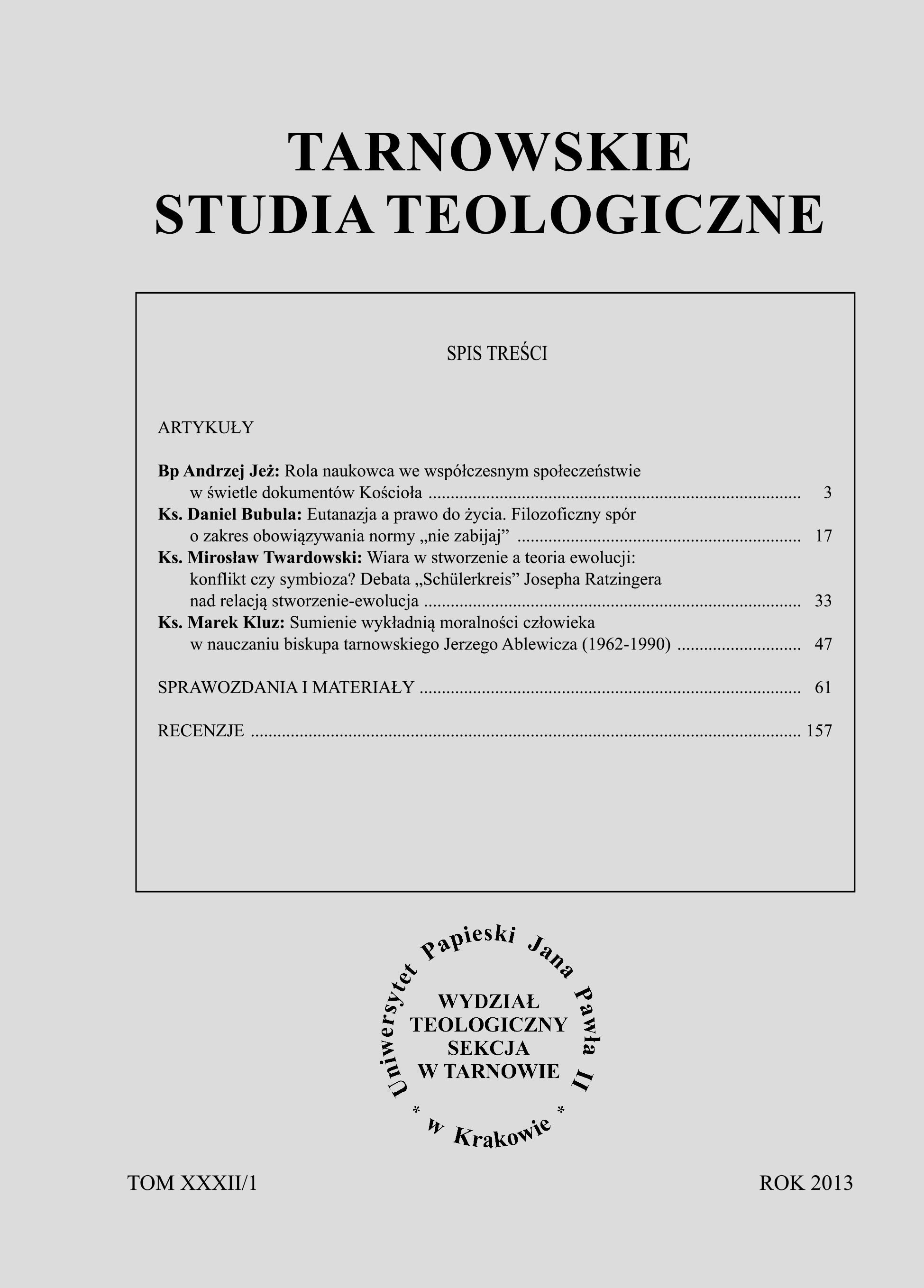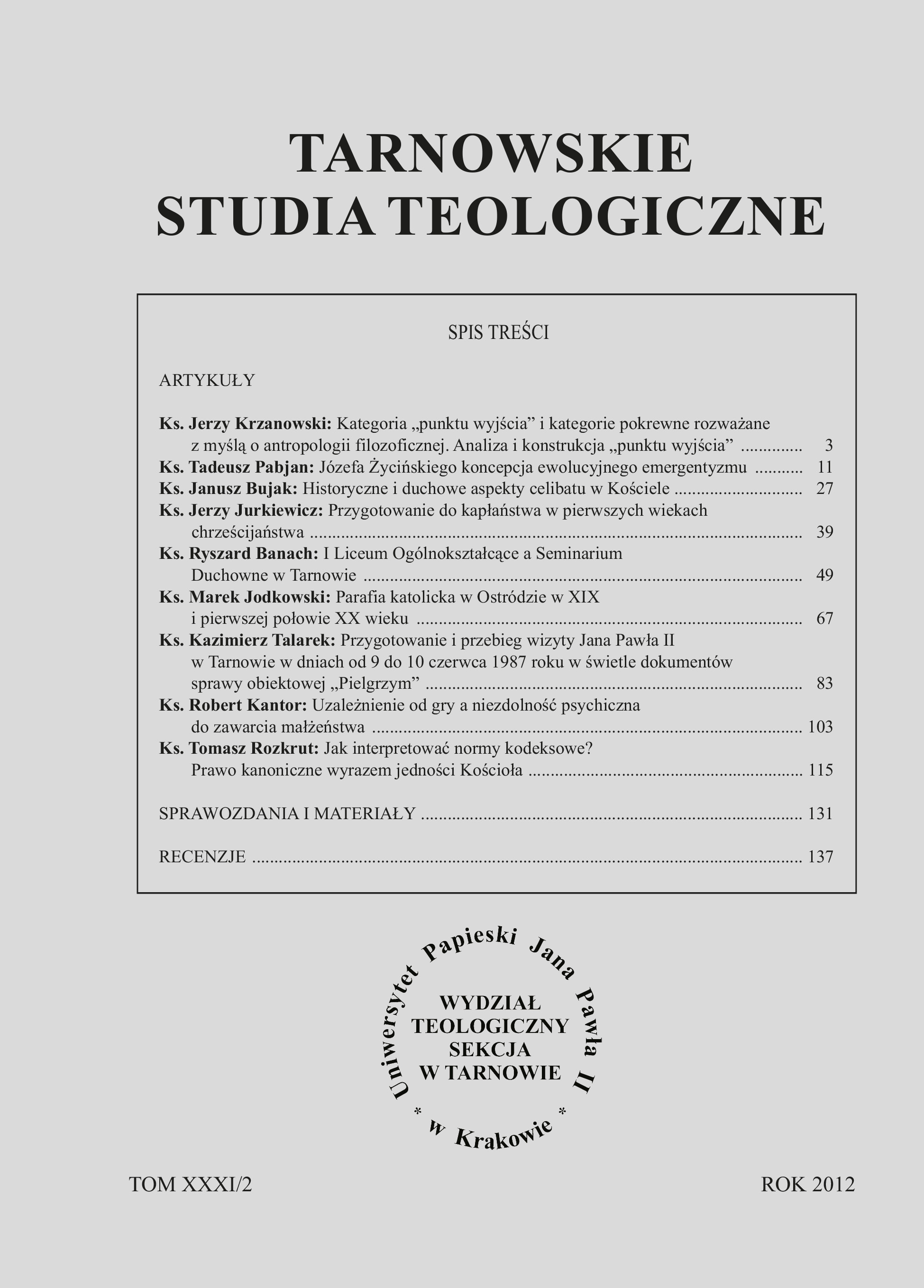Author(s): Marcin Potyczka / Language(s): Polish
Issue: 3/2013
The evolution of his views on the world of nature led Miłosz to spiritual transformation, which connected awareness the pain of existence with largeness and beauty of the universe. Conscious, that behind the color of nature curtain take place continuous performance of tortures and sufferings, he treated haiku of Japanese poet as his own, which he was asked to translate: „we walk above hell, gazing at flowers”. One more antidote on coping with awareness of evil, which exists in nature was warning, that human measures should not be used in assessment of world of plants and animals. Present in Miłosz world view conviction about beautiful world and permeated with evil caused, that Nobel Prize winner tried to strengthen life with all his works. The author of Orpheus and Eurydice in disguise of mythical god passed on implicit, certain characteristic feature of his own creative power. Namely, the poet always stays on the side of existence, tries to see the happiness of life in surrounding tastes, smells, pictures. Opportunity to polemics, which refer to evil, which exists in our world was meeting organized 29.09.1994 by foundation ,,Sign” in which took participation interalia Czesław Miłosz. During one of this meetings, participants of discussion agreed, that philosophy is helpless in relation to the problem of evil. Touch of evil is or absurdity or secrecy. The secrecy, which bothered Miłosz through all his life, and in front of which he stood helpless.
More...
